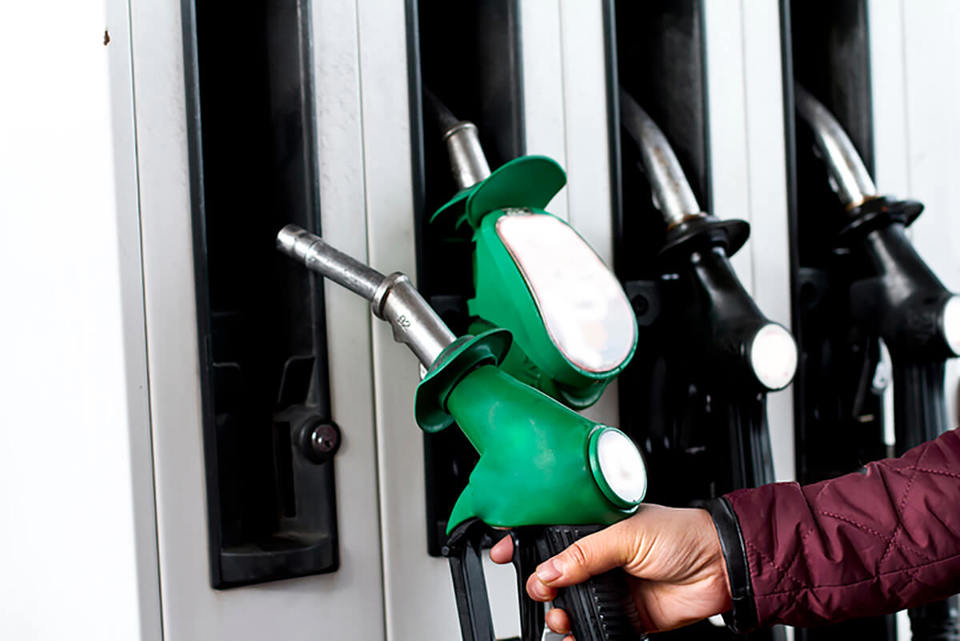1 Stop driving
Easier said than done, and eliminating all business mileage will be nigh-on impossible, but substituting some journeys and using video-conferencing or conference calls means fewer miles travelled, and also less time lost for staff while travelling.
And while public transport can not offer the door-to-door flexibility of a company car, there may be some journeys where it can offer useful savings, particularly when travelling into city centres.
2 Drive fewer miles
If several members of staff are attending the same meeting, could they meet up somewhere beforehand and just take one vehicle instead?
Three members of staff arriving in one car immediately saves two-thirds in travel costs.
Car-sharing can also work well with commuters travelling to and from the office.
Incentives for car-sharing can include staff benefits such as reserved parking spaces. According to National Car Share (www.nationalcarshare.co.uk), a website which champions car sharing and helps put drivers in touch with each other, if everyone who drives on their own to work every day were to car share just once a week, car journeys would reduce by a fifth.
3 Drive more efficiently
Smoother driving equates to increased fuel economy. Less harsh acceleration and braking put less strain on the engine and components, while teaching drivers to look ahead and read the road and conditions means they can maintain speed, resulting in less fuel used in accelerating back up to speed if they have braked.
Changing into a higher gear as soon as possible means the engine is revving less than if in a lower gear.
Other factors to consider include removing items such as roof racks and top boxes when not needed as these impact on aerodynamic efficiency, while selective use of air-conditioning will save energy as the car does not have to power the air-con unit all of the time.
Website www.theaa.com/motoring_advice/fuels-and-environment has a handy checklist of things to consider.
And by following its own rules, 50 members of the AA team managed to save an average of 10% on their weekly fuel bill, with one particularly light-footed driver saving a third.
4 Use supermarket fuel
Why? Because it is generally cheaper than fuel at branded service stations, and in particular those located on the motorway network.
Much of the reason for this is because some supermarkets don’t include additives in the way that the major fuel brands do.
These additives are said to give more performance and better fuel economy.
According to the AA’s fuel price report for October, the average price of unleaded at a supermarket is 115.8 pence per litre – 1.9ppl below the UK average, while diesel costs on average 2.2ppl less at supermarkets.
5 Use fuel cards
And no, this does’t mean your company will end up paying for staff’s private motoring
The detailed reports the card companies offer means it can break down what is business and private mileage.
Fuel cards also offer a means of monitoring transactions, with exception reports giving alerts to fraud, while they can also show how particular drivers are doing in terms of fuel economy.
And several fuel cards offer a discount on the pump price, although terms and conditions apply.


















Login to comment
Comments
No comments have been made yet.